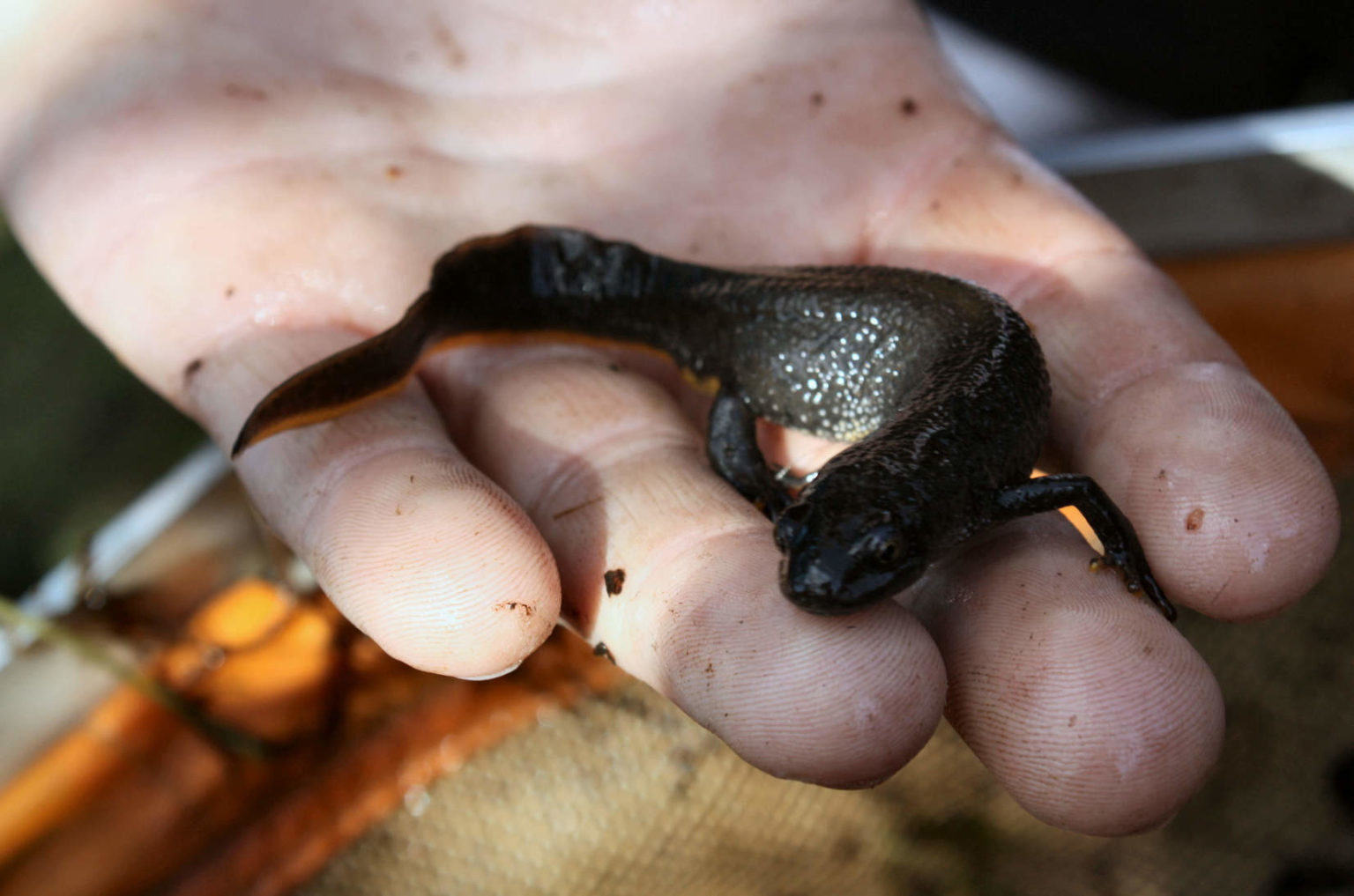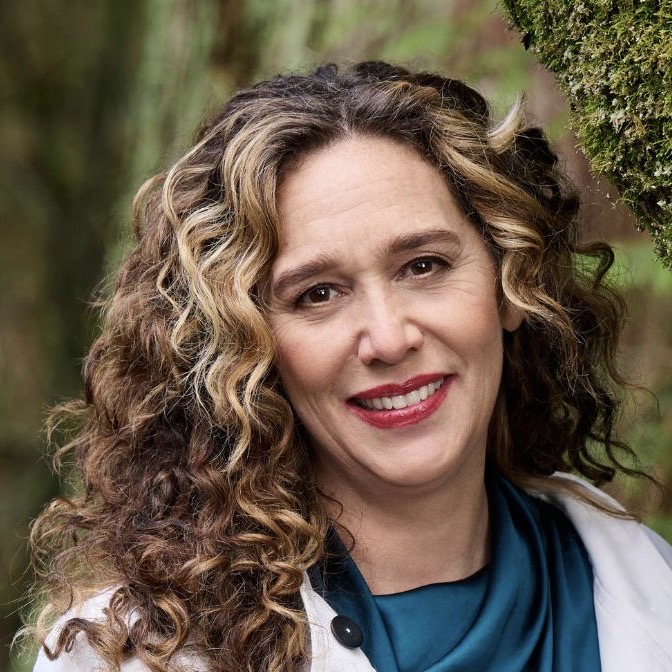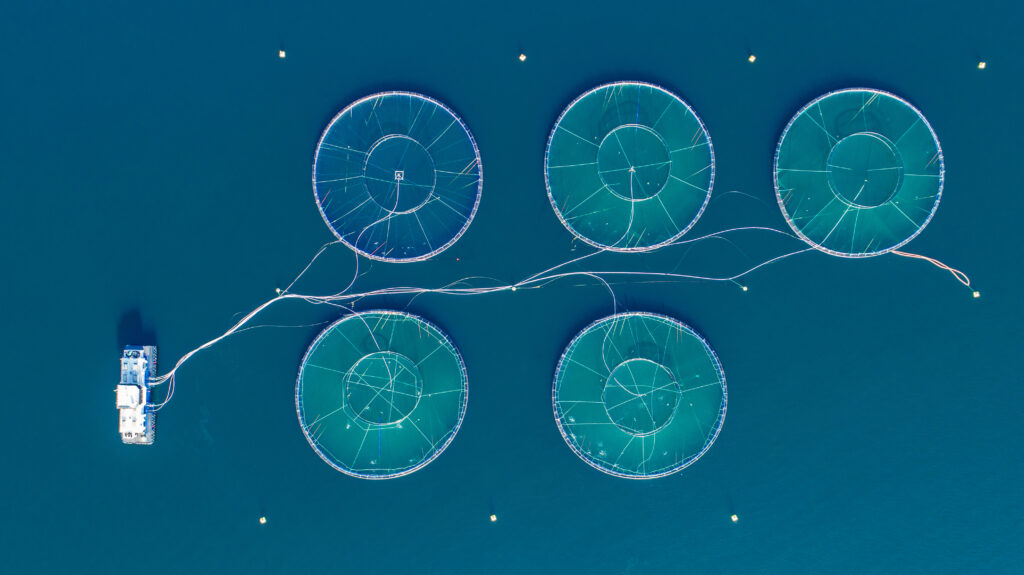A coal mining company in County Durham is facing legal action over its treatment of protected species at the UK’s newest coal mine.
Campaigners from local protest group Campaign to Protect Pont Valley are bringing a civil case against Banks Group over its treatment of the habitat of great crested newts, a protected species, at the newly-opened Bradley mine in Pont Valley, Country Durham.
Banks are accused of deliberately disturbing or destroying the habitat of great crested newts at the site. Lawyers for the campaigners say this would be a criminal offence under regulation 43 of The Conservation of Habitats and Species Regulations 2017.
At the conclusion of a previous court case, where eight protesters were found not guilty of aggravated trespass at the mine, Banks Group said it had found no great crested newts in ecological surveys taken over a number of years.
Lawyers are expected to today submit a summons asking for the case to be heard. If it proceeds and Banks Group is found guilty, it could result in a large fine for the company.
Like what you’re reading? Donate here to support DeSmog UK‘s journalism today
In April, protesters occupying the area where the Bradley mine now sits said they had found a great crested newt on site. They reported this to Durham police, which decided not to take any further action.
Anne Harris, a campaigner with Campaign to Protect Pont Valley, said Banks Group were being taken to court to show “that criminal disregard for wildlife will not go unchallenged.” She told DeSmog UK:
“Companies like Banks Group seem to think that time limits due to planning constraints are an excuse for destruction of endangered animals’ breeding places. This prosecution will challenge these selfish practices.”
“The police refused to fully investigate the coal company. So the community is forced to take legal action itself. The ecology on this site is one of the reasons the opencast was rejected locally.”
“In bringing this case we are looking to address the law-breaking of Banks Group and expose its disregard for habitats and legislation.”
Banks Group has been contacted for comment.
Banks Group plans to extract 500,000 tonnes of coal from the mine, which it says will bring 30 jobs to the area. The company has committed itself to planting a nature reserve on the site after finishing operations in 2021.
Work commenced at the site on May 14 2018, making the Bradley mine the UK’s newest coal development. The company has faced multiple allegations that it has not complied with its planning permission.
The project continues to be met with fierce local opposition.
Image: Chris H/Flickr CC BY 2.0
Like what you’re reading? Donate here to support DeSmog UK‘s journalism today
Subscribe to our newsletter
Stay up to date with DeSmog news and alerts







